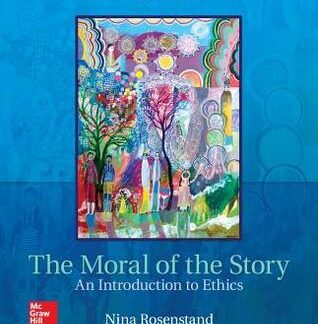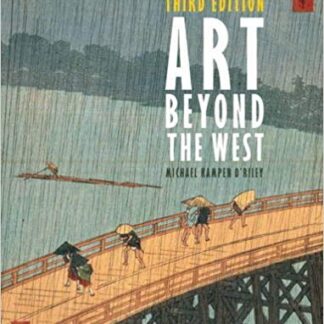Description
Reason and Revolution 2nd Edition by Herbert Marcuse, ISBN-13: 978-0415214506
[PDF eBook eTextbook]
- Publisher: Routledge; 2nd edition (June 12, 1986)
- Language: English
- 456 pages
- ISBN-10: 0415214505
- ISBN-13: 978-0415214506
This classic book is Marcuse’s masterful interpretation of Hegel’s philosophy and the influence it has had on European political thought from the French Revolution to the present day. Marcuse brilliantly illuminates the implications of Hegel’s ideas with later developments in European thought, particularily with Marxist theory.
It is of the very definition of any “classic” work that it will not only introduce a new depth and direction of thought, but that its original insights endure. When it first appeared in 1940, Reason and Revolution by Herbert Marcuse (1898-1979) was acclaimed for its profound and undistorted reading of Hegel’s social and political theory. Today, the appreciation of Marcuse’s work has remained high, more relevant now than ever before.In the rapidly changing context of post-Cold War political realities, there is no better guide than Marcuse to where we have been and to what we might expect. As he well understood, turbulent and spectacular political events always ran within channels earlier set by political theory; and he equally understood that it was Hegel’s often unappreciated and misunderstood theory which actually set a fundamental path of modern political life.It is a fortunate combination to have a scholar of Marcuse’s brilliance and lucid honesty addressing the sources and consequences of Hegel’s social theory.
Table of Contents:
PART I
THE FOUNDATIONS OF HEGEL’S PHILOSOPHY
INTRODUCTION
1. The Socio-Historical Setting
2. The Philosophical Setting
I. HEGEL’S EARLY THEOLOGICAL WRITINGS
II. TOWARDS THE SYSTEM OF PHILOSOPHY
1. The First Philosophical Writings
2. The First Political Writings
3. The System of Morality
III. HEGEL’S FIRST SYSTEM
1. The Logic
2. The Philosophy of Mind
IV. THE PHENOMENOLOGY OF MIND
V. THE SCIENCE OF LOGIC
VI. THE POLITICAL PHILOSOPHY
VII. THE PHILOSOPHY OF HISTORY
PART II
THE RISE OF SOCIAL THEORY
INTRODUCTION: FROM PHILOSOPHY TO SOCIAL THEORY
I. THE FOUNDATIONS OF THE DIALECTICAL THEORY OF SOCIETY
1. The Negation of Philosophy
2. Kierkegaard
3. Feuerbach
4. Marx: Alienated Labor
5. The Abolition of Labor
6. The Analysis of the Labor Process
7. The Marxian Dialectic
II. THE FOUNDATIONS OF POSITIVISM AND THE RISE OF SOCIOLOGY
1. Positive and Negative Philosophy
2. Saint-Simon
3. The Positive Philosophy of Society: Auguste Comte
4. The Positive Philosophy of the State: Friedrich Julius Stahl
5. The Transformation of the Dialectic into Sociology: Lorenz
von Stein
CONCLUSION
THE END OF HEGELIANISM
1. British Neo-idealism
2. The Revision of the Dialectic
3. Fascist ‘Hegelianism’
4. National Socialism Versus Hegel
BIBLIOGRAPHY
INDEX
Herbert Marcuse (1898-1979) was born in Berlin and educated at the universities of Berlin and Freiburg. He fled Germany in 1933 and arrived in the United States in 1934. Marcuse taught at Columbia, Harvard, Brandeis, and the University of California, San Diego, where he met Andrew Feenberg and William Leiss as graduate students. He is the author of numerous books, including One-Dimensional Man and Eros and Civilization.
What makes us different?
• Instant Download
• Always Competitive Pricing
• 100% Privacy
• FREE Sample Available
• 24-7 LIVE Customer Support




